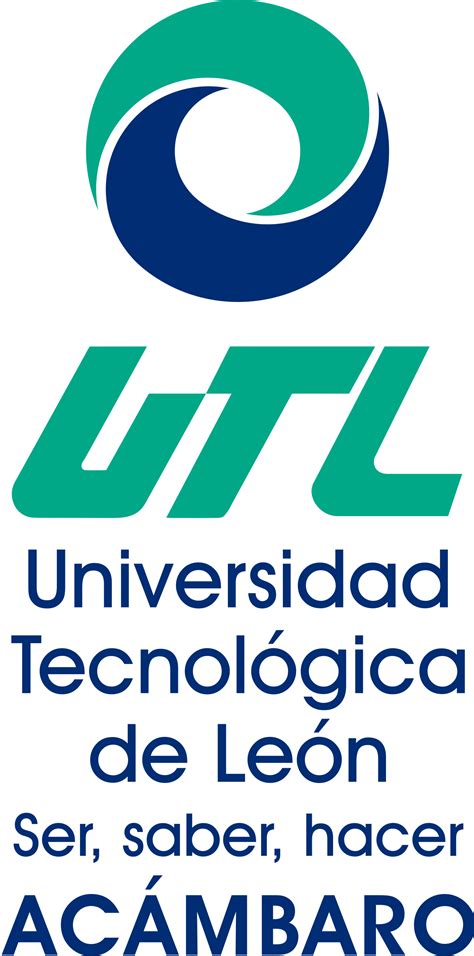Harnessing the Power of UTL: A Comprehensive Guide
In today's fast-paced business landscape, organizations face the constant challenge of managing ever-increasing volumes of data. Effective data management is paramount to gaining actionable insights, making informed decisions, and driving business growth. UTL (Universal Tool Library), a powerful suite of PL/SQL packages, plays a pivotal role in empowering organizations with robust data manipulation and management capabilities.
UTL provides a comprehensive set of tools that enable developers to perform a wide range of tasks, including file handling, XML processing, web services integration, and more. By leveraging UTL, organizations can streamline data processing operations, improve data quality, and enhance overall data management efficiency.
Benefits of Utilizing UTL
UTL offers numerous advantages that make it an invaluable asset for data management:
-
Enhanced Productivity: UTL's user-friendly interface and intuitive syntax allow developers to quickly and easily develop complex data manipulation tasks.
-
Increased Efficiency: By automating data processing tasks, UTL reduces manual effort and frees up developers to focus on more strategic initiatives.
-
Improved Data Quality: UTL provides various tools for data validation, transformation, and cleansing, ensuring the accuracy and consistency of data.
-
Simplified Data Integration: UTL's support for XML processing and web services integration simplifies the exchange and integration of data across different systems.
-
Enhanced Portability: UTL is compatible with all major databases that support PL/SQL, making it easy to deploy and maintain data management solutions across multiple platforms.
Key Features and Functions of UTL
UTL encompasses a wide range of packages that cater to specific data management needs:


File Handling
-
UTL_FILE: Provides functions for reading, writing, and manipulating files from within PL/SQL procedures.
-
UTL_FSIZE: Returns the size of a specified file.
XML Processing
-
UTL_XML: Enables the creation, parsing, and manipulation of XML documents.
-
UTL_XSL: Supports the transformation of XML documents using XSLT stylesheets.
Web Services Integration
-
UTL_HTTP: Facilitates the sending and receiving of HTTP requests and responses.
-
UTL_SOAP: Enables the creation and handling of SOAP messages.
Other Functions
-
UTL_RAW: Provides tools for handling raw binary data.
-
UTL_I18N: Supports internationalization and localization tasks.
-
UTL_COMPRESS: Enables the compression and decompression of data.
Case Studies: Real-World UTL Applications
Organizations across industries are leveraging UTL to address various data management challenges and achieve significant benefits.
Case 1: Automated File Processing at a Financial Institution

A large financial institution faced the challenge of manually processing thousands of customer statements each month. By implementing UTL's file handling capabilities, the institution automated the process, reducing processing time by 50% and eliminating errors.
Case 2: Enhanced Data Integration at a Healthcare Provider
A healthcare provider needed to integrate data from multiple hospital systems into a centralized patient database. Using UTL's XML processing and web services integration features, the provider streamlined data exchange and improved patient records accessibility.
Case 3: Data Quality Improvement at a Manufacturing Company

A manufacturing company struggled with inaccurate and inconsistent data in its inventory management system. By utilizing UTL's data validation and transformation functions, the company cleansed and standardized its data, resulting in increased inventory efficiency and reduced costs.
Common Mistakes to Avoid
To ensure the effective implementation of UTL, it is important to avoid common mistakes:
- Not understanding the purpose and capabilities of each UTL package.
- Misusing or misinterpreting UTL functions, leading to errors or unexpected results.
- Overloading a single package with too many or complex tasks, resulting in performance issues.
- Neglecting error handling and exception management, which can lead to unexpected system failures.
- Ignoring the potential security implications of using UTL features, such as file handling and web services integration.
Step-by-Step Approach to UTL Implementation
To successfully implement UTL in your organization, follow these steps:
-
Assess your data management needs: Identify the specific challenges and requirements that UTL can address.
-
Choose the appropriate packages: Select the UTL packages that best align with your specific needs.
-
Develop and test code: Write and test your PL/SQL code using the chosen UTL packages.
-
Integrate into your system: Seamlessly integrate the UTL code into your existing data management processes.
-
Monitor and optimize: Regularly monitor the performance and efficiency of your UTL implementation and make adjustments as needed.
Call to Action
If you are facing data management challenges or seeking ways to enhance your data management capabilities, consider the power of UTL. By leveraging its comprehensive tools and functions, you can unlock a new level of data management efficiency and drive your organization towards success.
Additional Resources
Tables
| UTL Package |
Purpose |
Example Function |
| UTL_FILE |
File Handling |
UTL_FILE.FOPEN() |
| UTL_XML |
XML Processing |
UTL_XML.PARSE() |
| UTL_HTTP |
HTTP Integration |
UTL_HTTP.GET() |
| Case Study |
Industry |
Benefits |
| Automated File Processing |
Financial Services |
Reduced processing time by 50% |
| Enhanced Data Integration |
Healthcare |
Improved patient records accessibility |
| Data Quality Improvement |
Manufacturing |
Increased inventory efficiency and reduced costs |
| Common Mistake |
Consequences |
How to Avoid |
| Overloading a single UTL Package |
Performance issues |
Use multiple packages for complex tasks |
| Neglecting Error Handling |
Unexpected system failures |
Implement error handling and exception management |
| Ignoring Security Implications |
Security breaches |
Use secure coding practices and authentication mechanisms |
